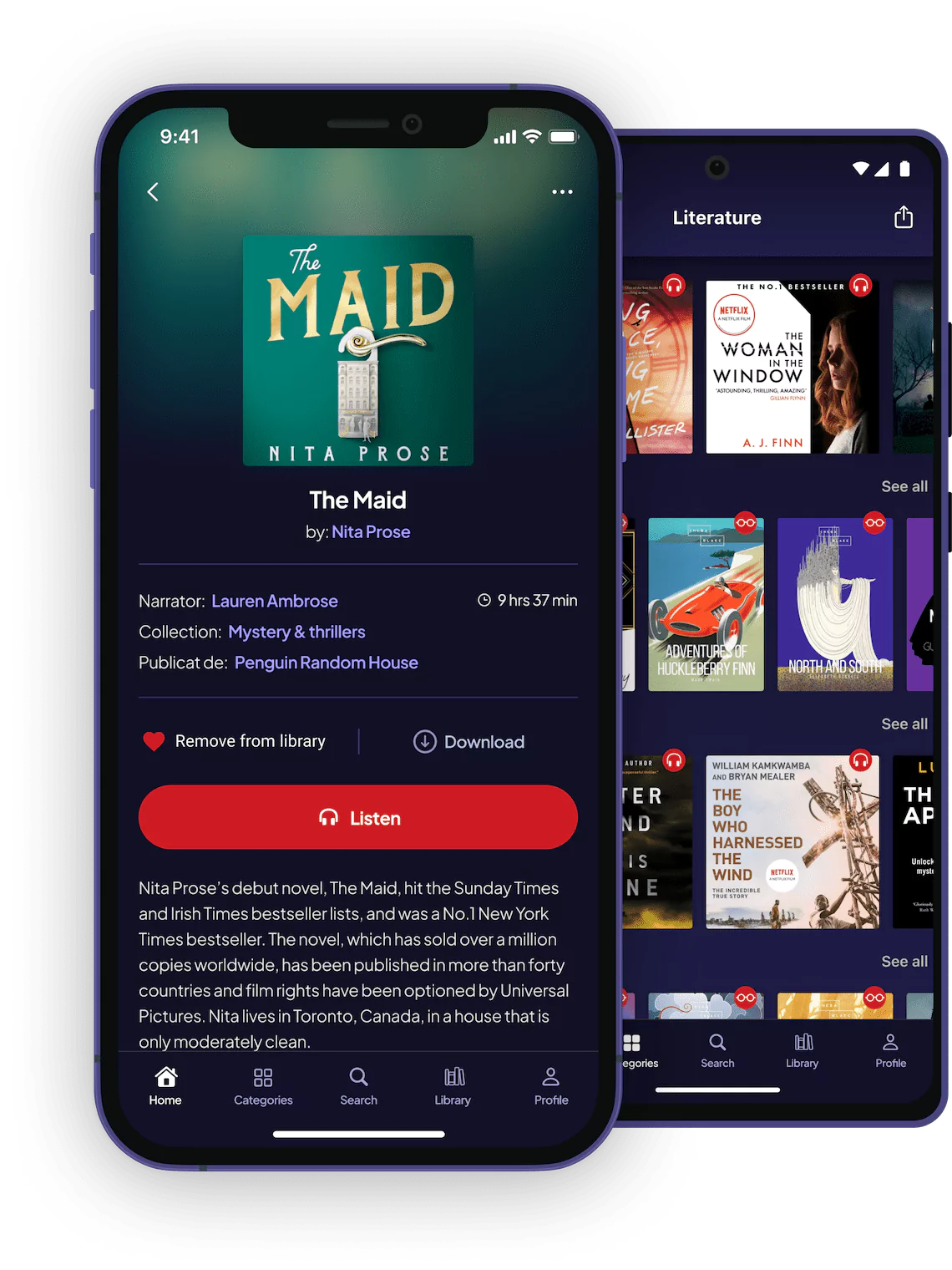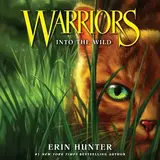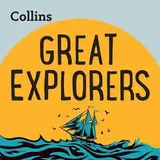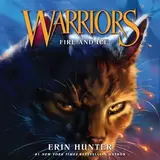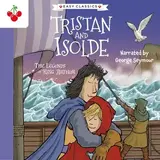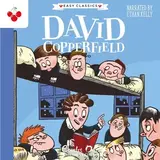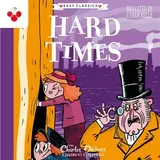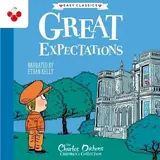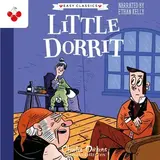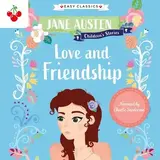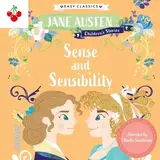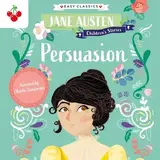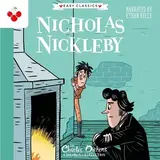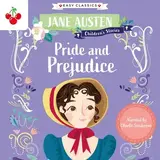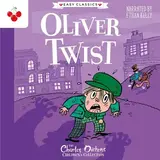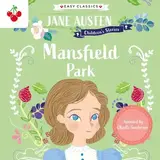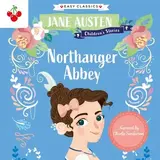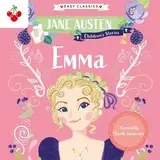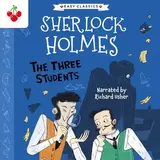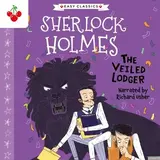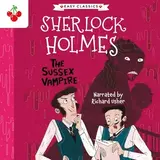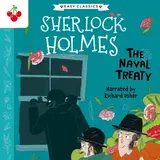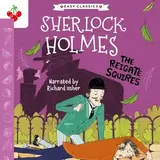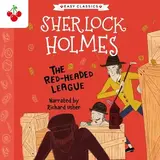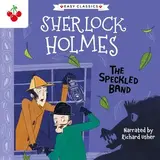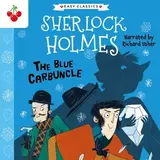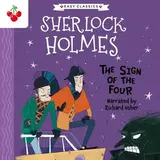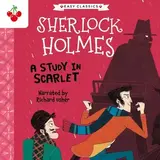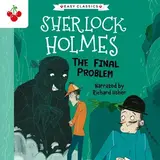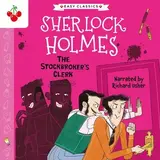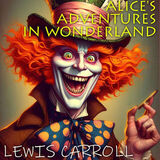

Alice's Adventures in Wonderland
Narrator: Sarah Rife
Duration: 2h 42m
Follow Alice as she tumbles into a world where hats are mad, cats vanish mid-sentence, and queens take croquet far too seriously.
Alice's Adventures in Wonderland isn't just a book—it's a portal into delightful absurdity, linguistic acrobatics, and the kind of dream logic only Lewis Carroll could conjure. With wit sharper than the Queen's axe and characters as bizarre as your strangest dreams, this is the ultimate escape for the logically exhausted and the wonderfully curious. Step through the looking... no, wait—that's another story. Just follow the White Rabbit.
Charles Lutwidge Dodgson
(27 January 1832 – 14 January 1898), better known by his pen name
Lewis Carroll, was a man of paradoxes—a shy mathematician who created worlds of whimsical nonsense, a precise logician who gave voice to talking rabbits and vanishing cats.
Born in Daresbury, Cheshire, England, Carroll was the third of eleven children in a deeply religious family. From an early age, he showed a remarkable gift for storytelling and wordplay, entertaining his siblings with home-written magazines and puppet shows. He later attended Oxford University, where he excelled in mathematics and eventually became a lecturer and published academic works under his real name.
Yet it was his friendship with the Liddell family—especially young Alice Liddell—that would unlock his most enduring creation. On a rowing trip in 1862, Carroll began spinning a tale about a curious girl who followed a white rabbit down a hole. This improvised story became
Alice's Adventures in Wonderland (1865), followed by its sequel,
Through the Looking-Glass (1871). Both books blended playful absurdity with subtle logic, appealing to children and adults alike.
Carroll's interests were vast. He was a pioneering photographer, a lover of puzzles, and an advocate for the rights of children. Despite his fame, he remained intensely private and somewhat elusive—a figure as enigmatic as the characters he imagined.
Lewis Carroll's legacy lives not only in his books but in the questions he posed and the boundaries he blurred between reality and dream. He didn't just write children's fiction—he redefined it.
Published by: Strelbytskyy Multimedia Publishing
Similar Titles
See allHow does it work?
Create your account.
Create your free account here.
Download the Voxa app
Available for Android and iPhone from Google Play or App Store.
Try free for 7 days
Enjoy access to 100,000 titles and the entire Voxa experience.
Listen without internet
Download your favorite audiobooks and enjoy them even when you're offline.
